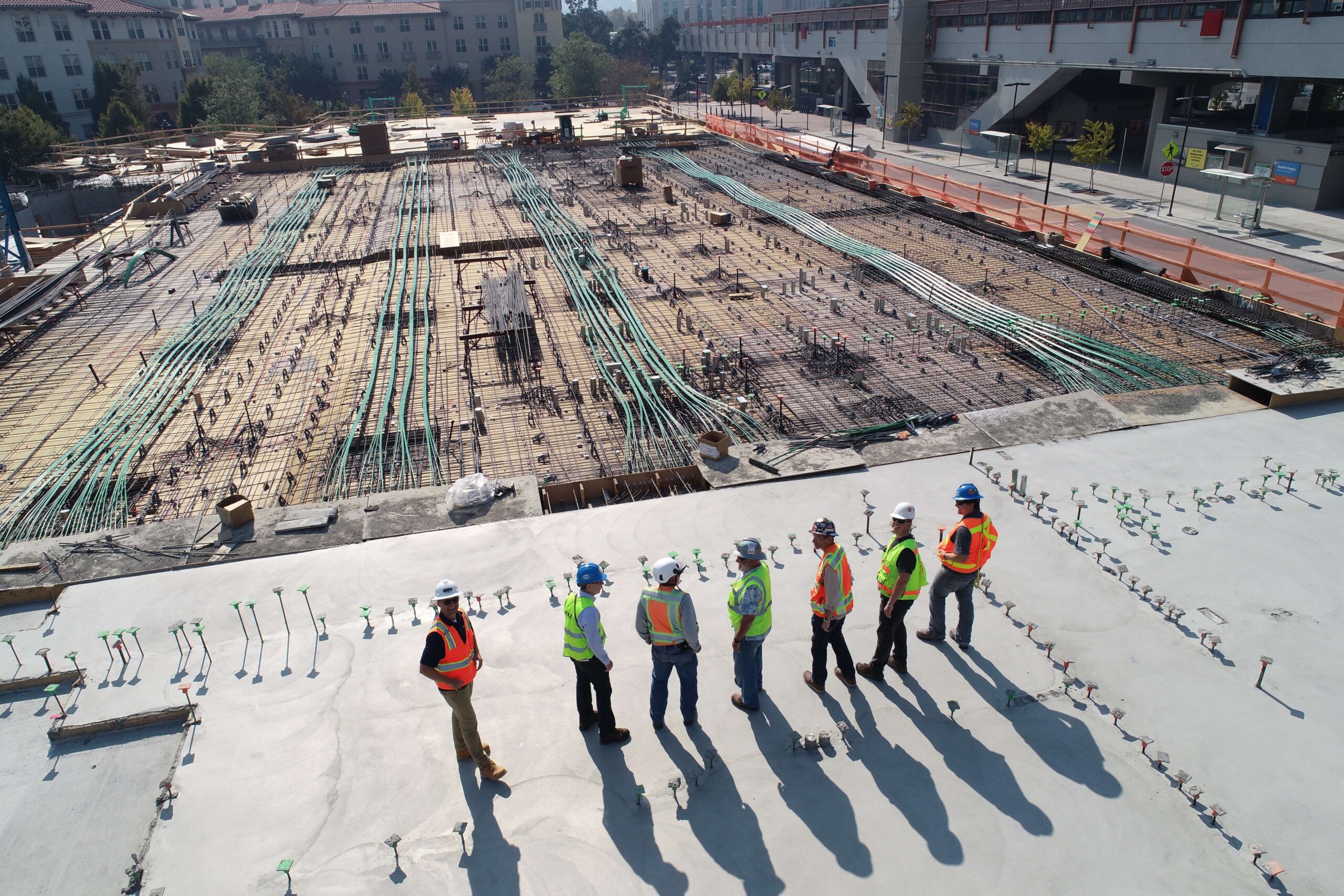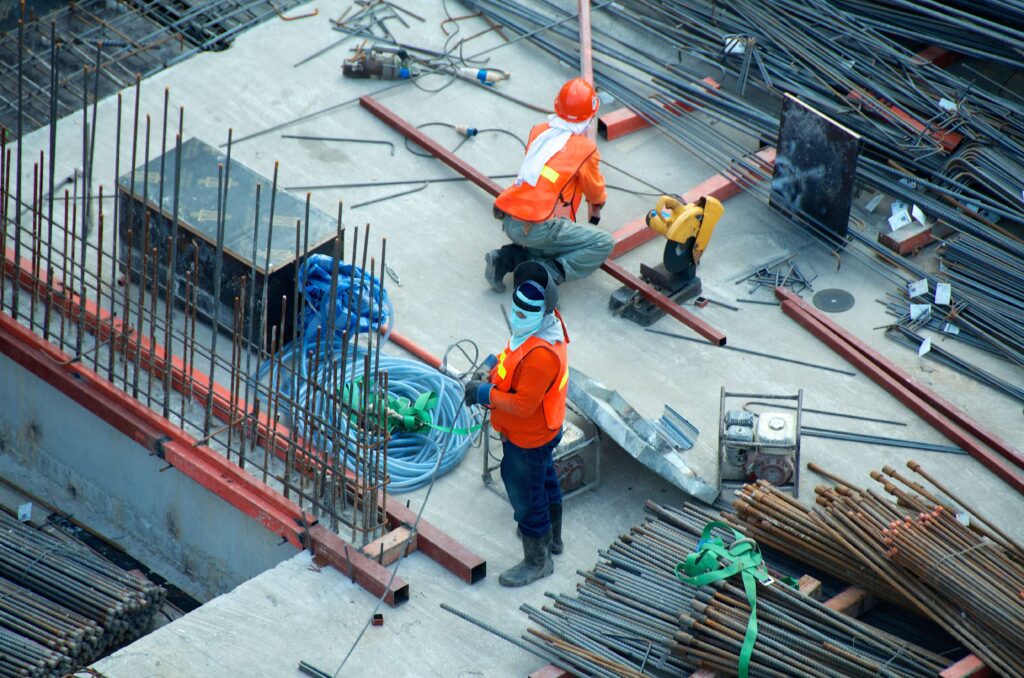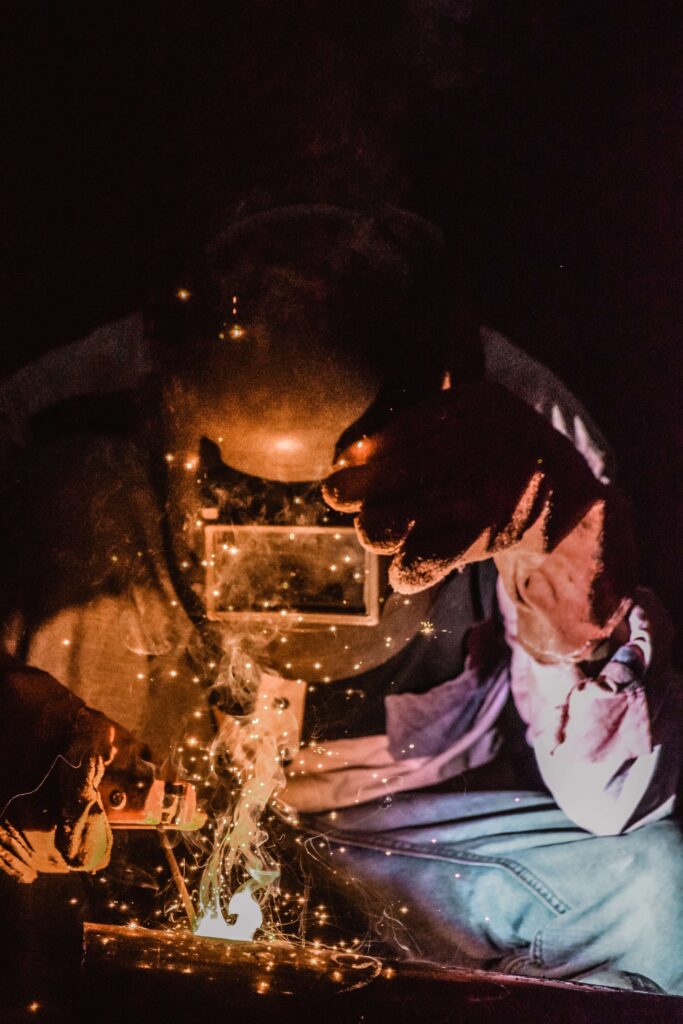
When you mention that you work for Human Resources, the first thing that comes to people's minds is working in an office. Sometimes, however, people working in human resources have to step out of the office and work in the field, especially in the construction industry.
This essential industry makes people's homes, roads, highways, etc. A practical Human Resource handles recruiting and managing, things like managing payroll, tracking work hours, handling interpersonal conflicts, and overseeing tracking programs.
There are many challenges HR has to face in the construction industry. Recruitment alone is challenging, as skilled labor is hard to find. The US had a million worker deficit in 2021 alone. In addition, the new generation of skilled workers prioritizes safety, and companies are hesitant to comply.
Here, in this article, we will delve deeper into what role HR occupies—some of the biggest challenges and some strategies on home to make things easier.

Role of HR in the Construction Industry
HR wears many different hats and helps people in many fields of employment. Let's explore some of HR's roles in the construction industry.
- Hiring new employees and recruiting.
This is an essential role for HR as finding skilled workers and filling out any talent gaps is not easy, especially in an industry with such a high turnover rate. The job pool is not only small but is getting smaller, especially on projects that the government subsidizes. Those usually require the use of union workers. - Future planning.
Construction is most often project-based, so HR has to work with all workforce parts to determine goals and responsibilities. HR needs to identify what's required, what can be done, and when for a project to flourish. - Organize worker compensation and benefits plans.
To have the right workforce, a construction company has to have competitive pay and excellent benefits. A company's HR can research and see which is the best healthcare plan for their employees. Workers' health is essential as it dramatically impacts how long they can continue doing the job.
Main Challenges of Human resources in the construction industry
Safety Standards and compliance
One of the most severe concerns workers have on the job site is worker safety. Unfortunately, this is an industry where injuries and sometimes lethal accidents are too common. HR needs to make sure that all the safety precautions that can be met are met and that every worker has the proper training. This not only ensures the safety of everyone involved but also keeps insurance premiums down and lawsuits.
State and Federal compliance
Many new rules and regulations have to be followed whenever a crew works on a new site in a different state or even country, so the site doesn't get shut down. All that new paperwork has to be worked out correctly and on time. HR needs to train the workers and management of any changes so that everyone is compliant.
Worker retention in construction industry
This is extremely difficult in almost any industry but more so in construction. Not only is it usually on a project-to-project basis, but independent contractors can jump on a different project when they finish the first one.

Best HR Strategies for a Construction Company
Learn where you can hire your workers. The workforce is diverse, and exploring more than one avenue for recruitment is a good strategy. For example, explore advertising via social media for a younger workforce.
Once you get them in the door, you need to ensure that the company has set clear job expectations right at the start. A vague description at the recruiting stage of the process can seriously impact the number of workers who apply to the position.
Once a person becomes a new employee, you need a straightforward and helpful onboarding process to continue the job. If you don't do this right, it can lead to workers quitting. In some cases, they can come to serious harm.
A good onboarding process isn't just something you do initially, but following through periodically to ensure constant worker safety and compliance.
Also, develop good training programs. To keep worker retention high, try to set up programs to keep employees and show them that they can advance through the ranks.
Conclusion
HR plays a crucial role in the construction industry and is a massive part of its success. One of the most critical parts of any construction company is its people and their health. You need to have a company that follows all the safety rules and regulations set by industry standards.
Not only that, but it offers competitive pay and benefits. When your company is an excellent place to work, you will significantly enhance your HR's way of attracting the best people vital for success.
